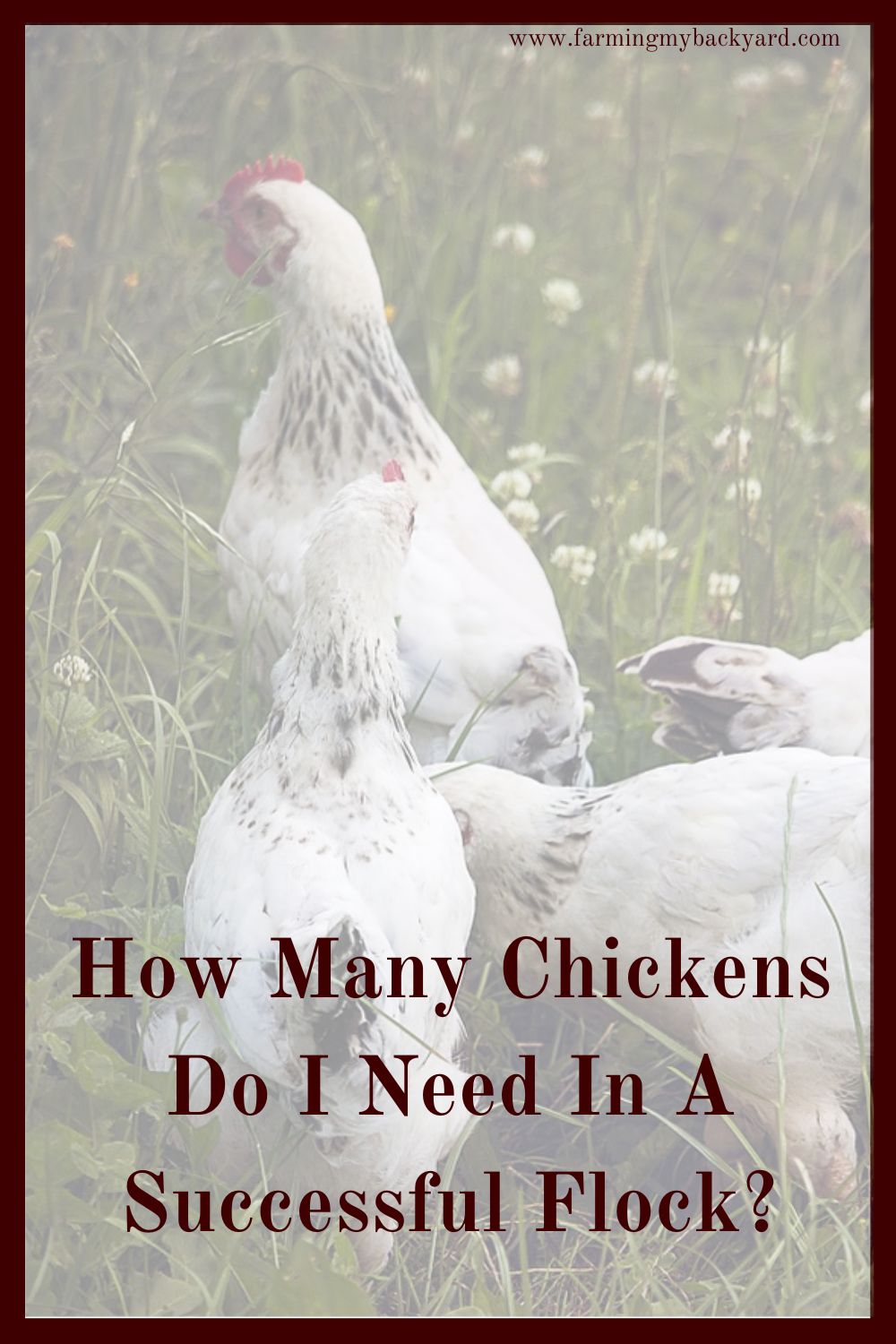Are you interested in raising chickens? If so, one of the most important questions you should ask yourself is “how many chickens should I get?”. This is an important decision that will determine the success of your chicken husbandry business. In this article, we will discuss the basics of chicken husbandry and provide tips on how many chickens you should get to get started.
Benefits of Chicken Husbandry
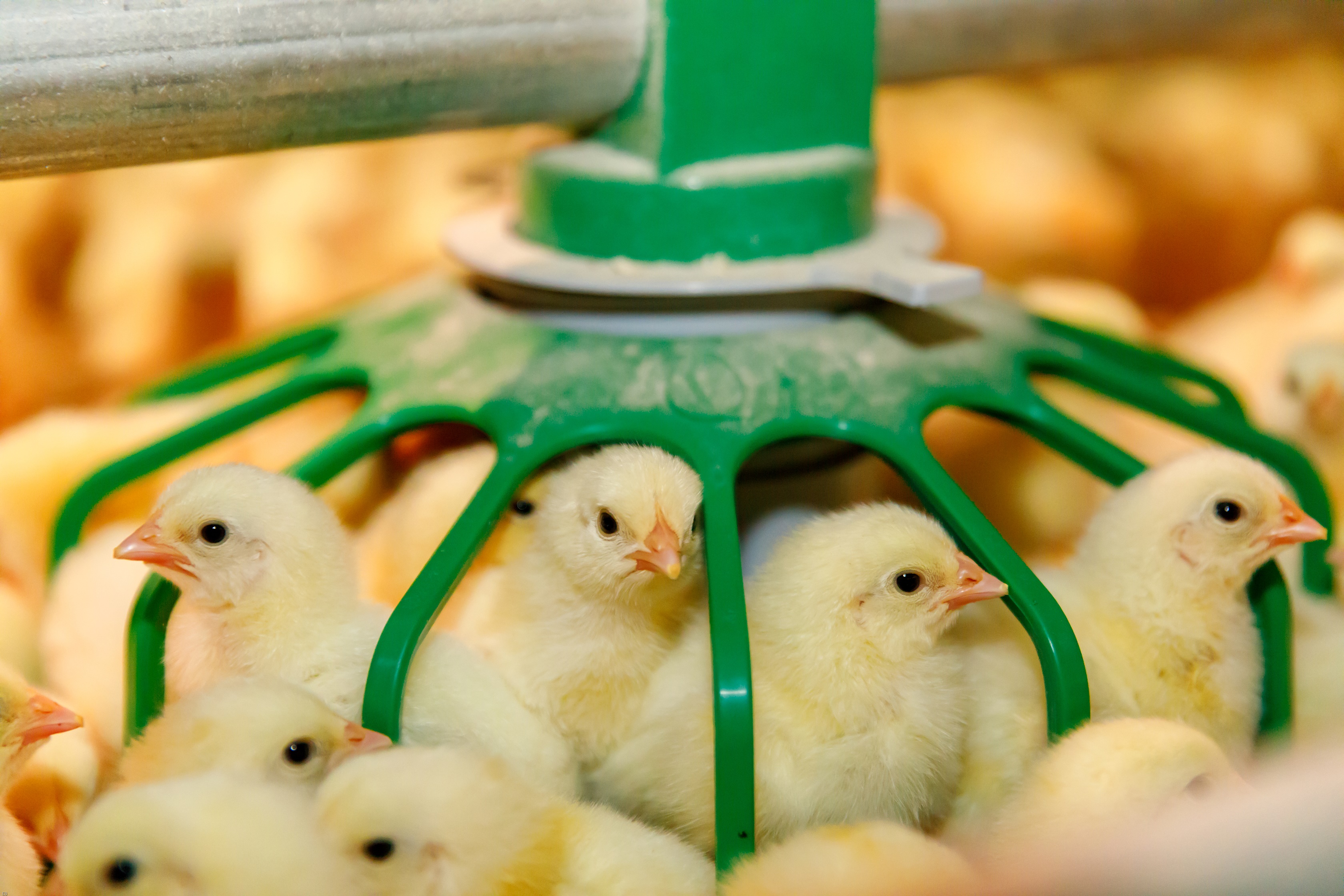
Chicken husbandry is a great way to get fresh eggs and organic meat, while also providing an enjoyable hobby. Raising chickens can also bring a sense of pride and accomplishment. Here are a few of the top benefits of chicken husbandry:
Fresh Eggs – With a few chickens, you can have a steady supply of fresh eggs. Eggs from your own chickens are more nutritious than store-bought eggs and taste better.
Organic Meat – If you choose to raise chickens for meat, you can enjoy the satisfaction of producing your own organic meat. Chickens raised in a humane environment and fed a natural diet of grains, greens and insects produce healthy, delicious meat.
Reduced Waste – Keeping chickens can help to reduce your overall food and waste production. By feeding your chickens kitchen scraps and offering them a space to roam, you can greatly reduce your household waste.
A Sense of Accomplishment – Watching your chickens grow and thrive is a great feeling. With the proper care, your chickens will lay eggs, provide you with delicious meat, and keep your garden pest-free.
When it comes to how many chickens should you have, it really depends on your lifestyle and the size of your yard. Generally, three to four chickens is the ideal number for a small backyard flock.
Factors to Consider When Choosing the Number of Chickens
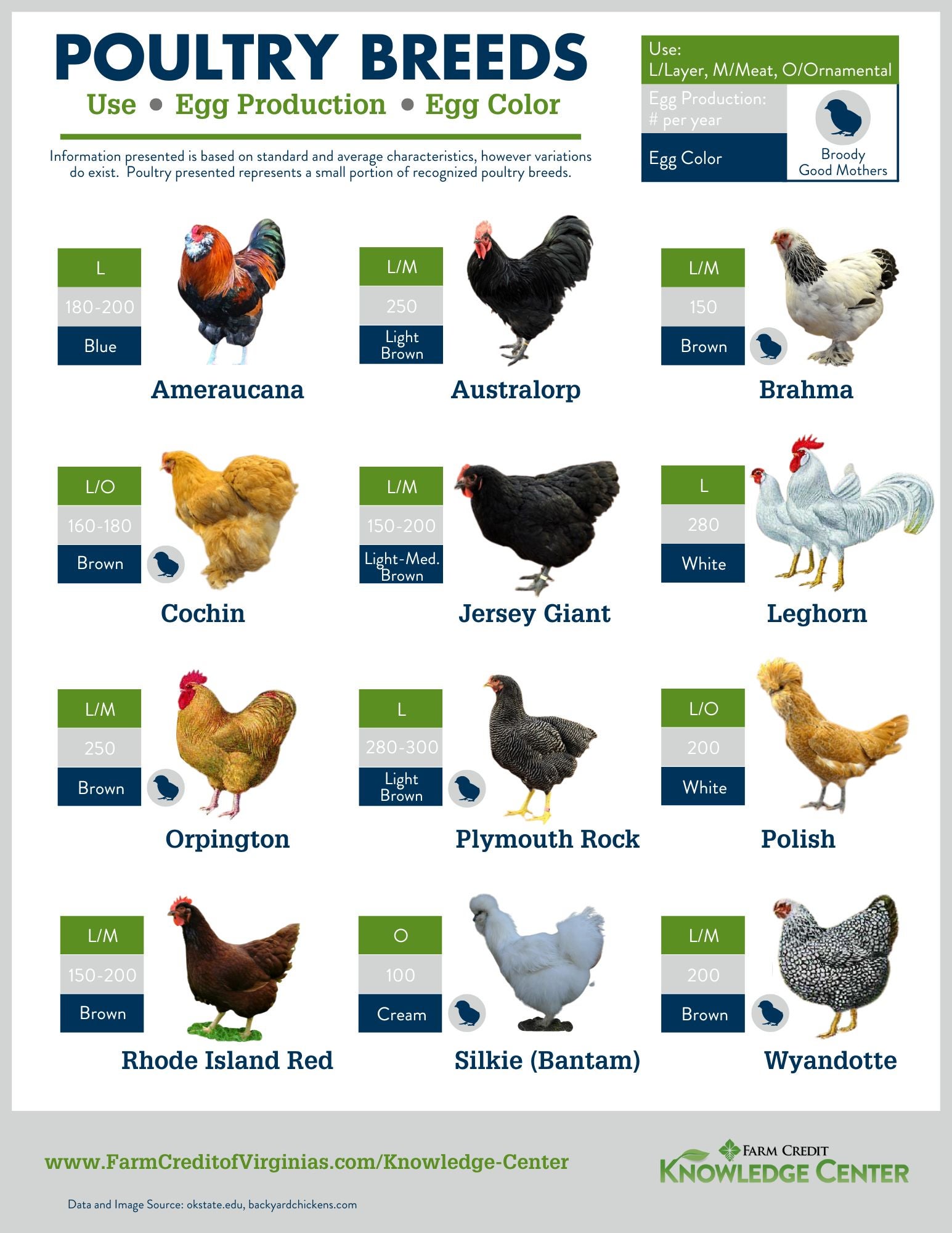
Space
When considering how many chickens should I get, the first factor to consider is the amount of space you have available for chickens. A general rule of thumb is to plan for 4 square feet of space per chicken. This means that if you have a 10′ x 10′ coop, you could fit up to 25 chickens in it.
Cost
The cost of keeping chickens can vary depending on the size of the flock and the amount of feed you need to purchase. If you have limited funds to invest in your chickens, it may be wise to start with a small flock of four or five chickens. As your flock grows, you can always add more birds as needed.
Purpose
Finally, consider the purpose of your chickens. If you plan to breed chickens, you may need more birds than if you are simply looking for egg production. If you are looking for a dual purpose breed, you may want to consider a larger flock, as these birds typically lay more eggs than other breeds.
How Many Chickens Should I Get?
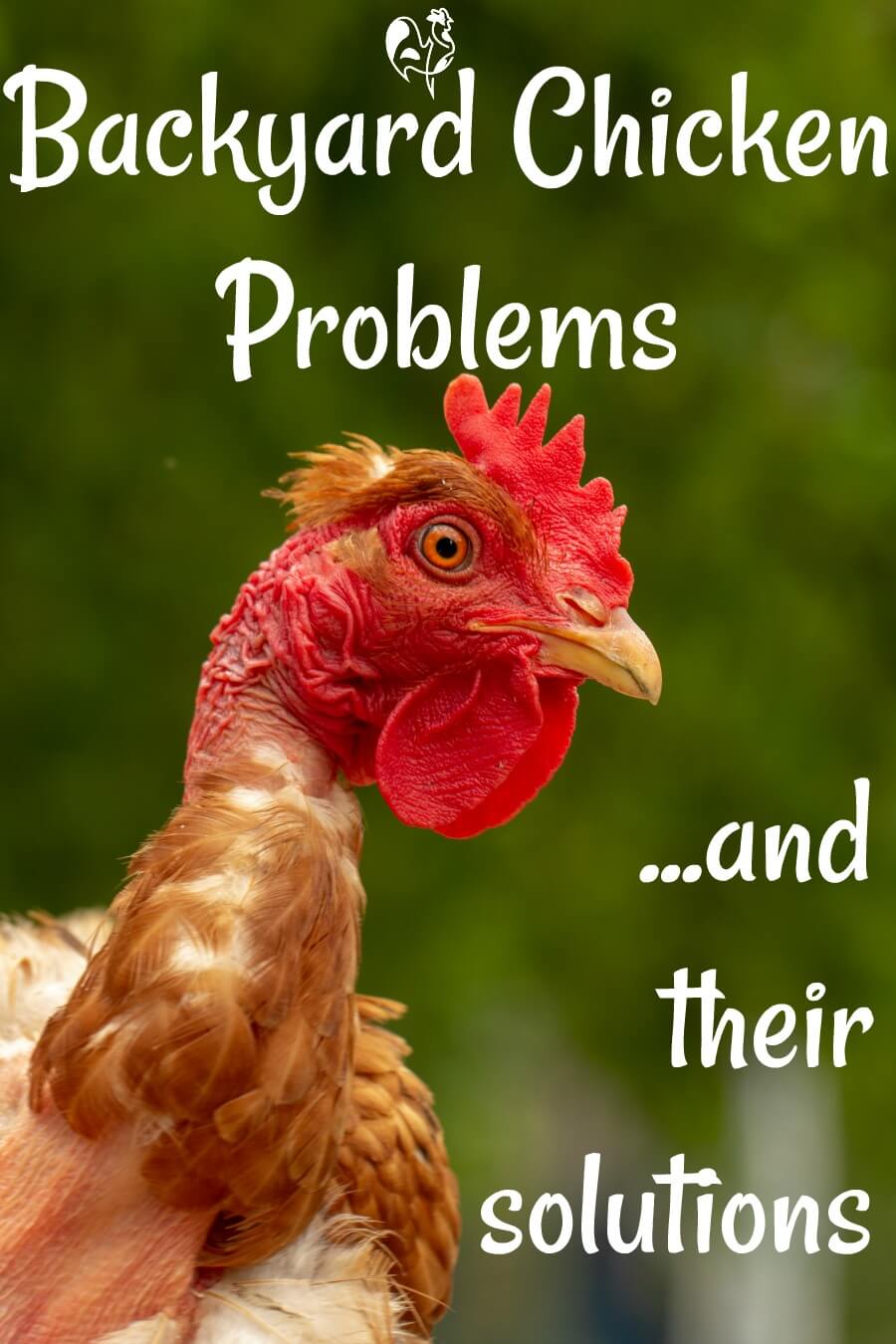
The number of chickens you should get depends on your individual needs and goals. Here are some factors to consider when deciding:
- Space: How much space do you have to house the chickens? Generally, each chicken needs at least 4 square feet of space in the coop and 8-10 square feet in the run. If you don’t have enough space, you may want to consider fewer chickens.
- Purpose: What is the purpose of your chickens? Are you looking to add fresh eggs to your diet or do you want to raise show-quality birds? The number of birds you need will depend on your purpose.
- Budget: How much money do you want to spend on your chicken husbandry? Depending on the type of chickens you want, the cost can range from a few dollars for a single bird to hundreds or even thousands for a rare breed. Make sure you factor in the cost of chicken feed, housing, and any other supplies you will need.
When deciding how many chickens should I start with, it’s important to take all these factors into consideration. Start small, with a few chickens, and you can always add more as you gain experience.
Resources for Finding Quality Chickens

| Resource | Location | Description |
|---|---|---|
| Local Farm Store | Local | Local farm stores often have chickens for sale from local farmers and can provide helpful advice on chicken husbandry. |
| Online Hatcheries | Online | Online hatcheries are a great resource for finding quality chickens, especially rare breeds, and can provide helpful advice on poultry care. |
| Feed Stores | Local | Feed stores may offer chickens for sale, as well as a variety of feed and supplies. |
| Online Marketplaces | Online | Online marketplaces such as eBay and Craigslist can be a great resource for finding quality birds, but be sure to research the seller before making a purchase. |
| Poultry Auctions | Local | Poultry auctions are a great way to find quality chickens and can also provide an opportunity to network with local poultry enthusiasts. |
These are some of the most common resources for finding quality chickens. Be sure to research each option carefully and ask questions before making a purchase. When possible, visit the location or speak to the seller in person to get a better understanding of the birds they are offering.
Supplies You Will Need
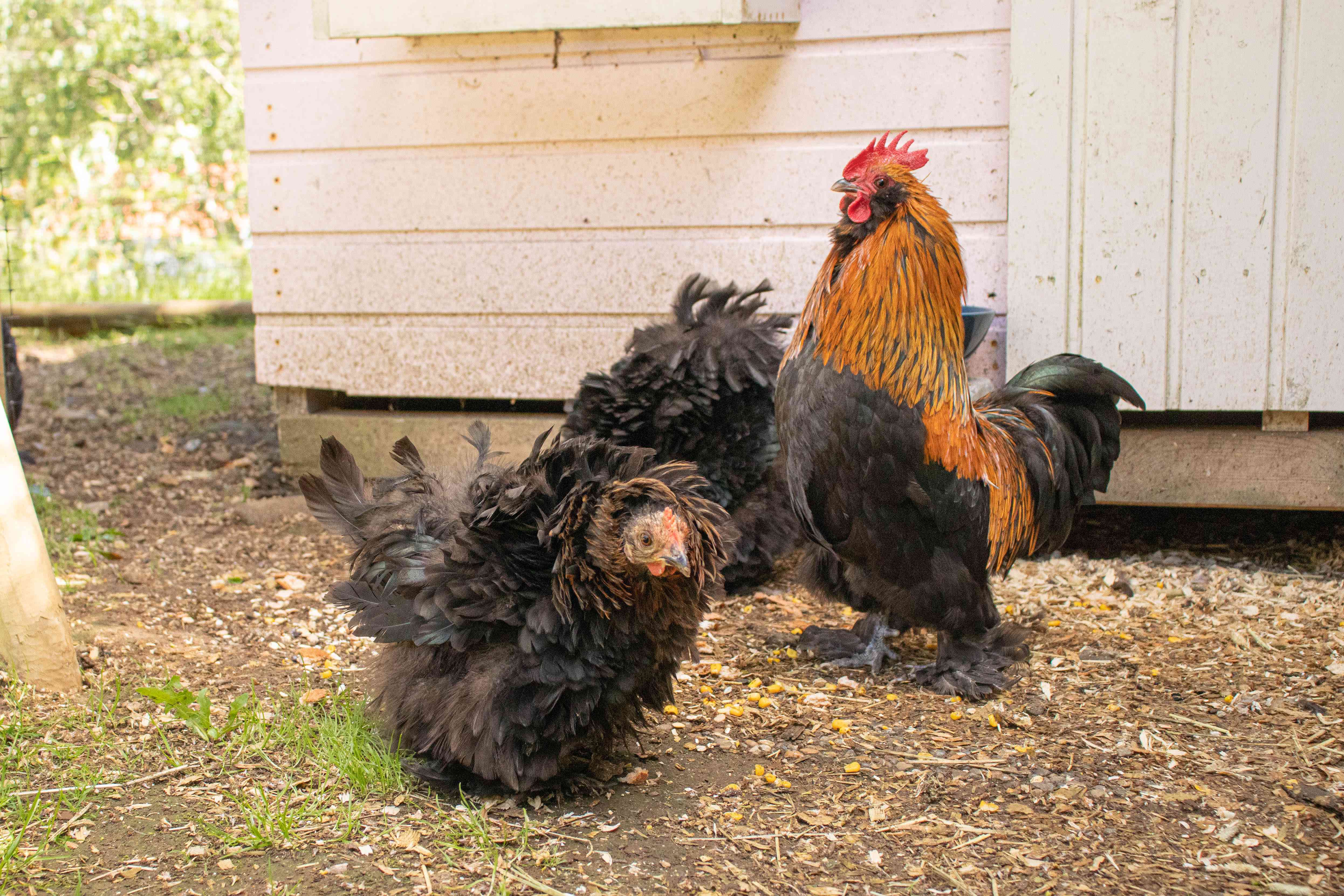
| Item | Description |
|---|---|
| Chicken Coop | A chicken coop is essential for a safe and healthy environment for your chickens. It should be built in a shady area and protect the chickens from predators. |
| Feeder | A feeder is necessary to provide your chickens with a consistent supply of food. Make sure to get a feeder that is designed for chickens and is large enough to hold enough feed. |
| Waterer | A waterer is needed to provide your chickens with a source of clean, fresh water. Make sure to get one that is easy to clean and refill. |
| Bedding | Bedding is necessary for giving your chickens a comfortable place to rest. Straw or wood shavings are the best options for chicken coops. |
| Litter Box | A litter box is necessary for keeping the coop clean and for collecting chicken droppings. Make sure to get one that can be easily emptied and cleaned. |
| Treats | Treats are a great way to reward your chickens and keep them happy. Make sure to get treats that are suitable for chickens and that they will enjoy. |
Care and Maintenance
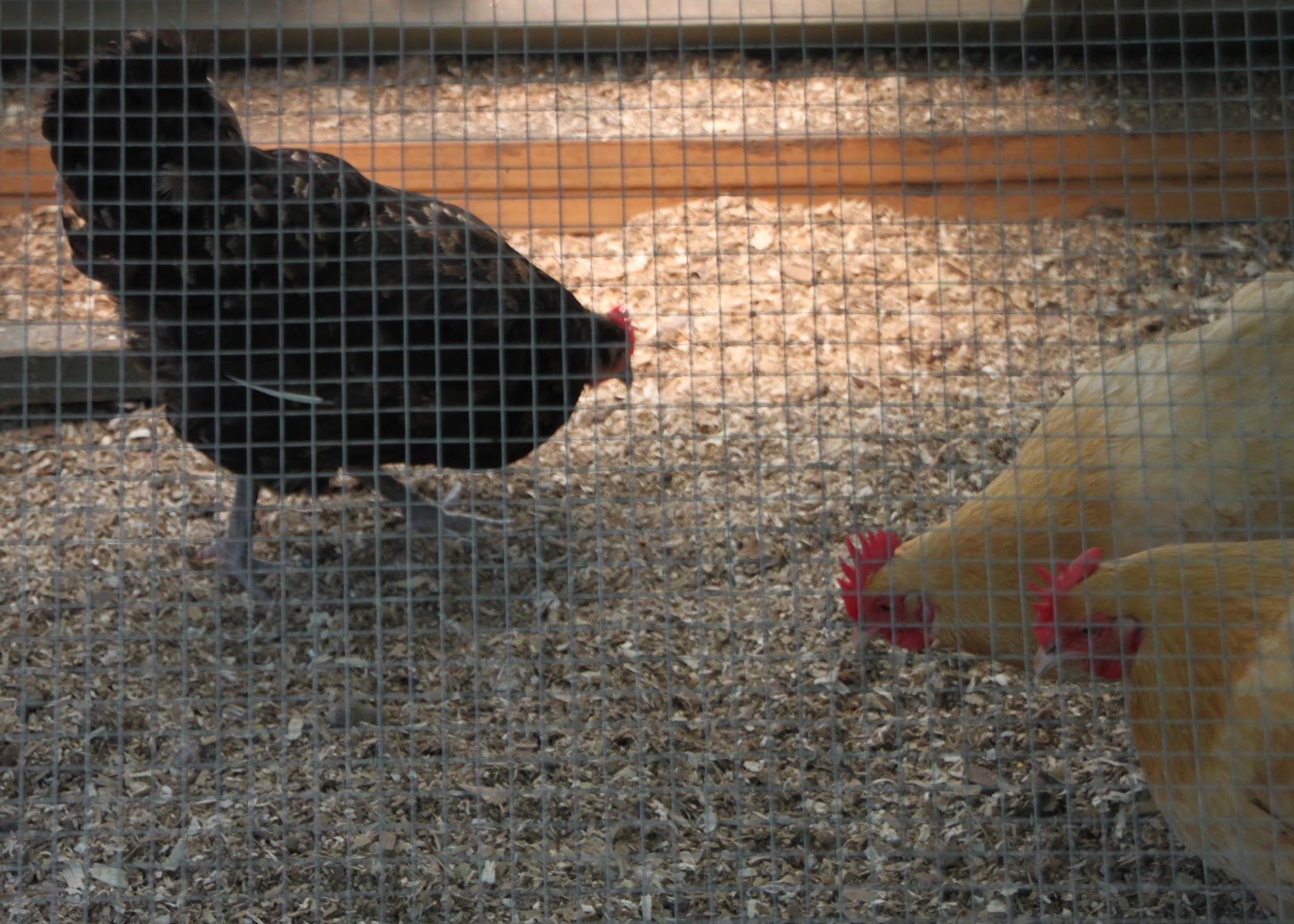
- Feeding: Chickens need a balanced diet, a mix of protein and carbohydrates, to stay healthy and thrive. Be sure to feed them a high-quality feed and provide fresh water daily.
- Housing: Chickens require a safe, secure, clean and dry housing space that is big enough for them to roost, scratch, and explore. The enclosure should be predator-proof and equipped with nesting boxes.
- Vaccinations: Vaccination is essential for a healthy flock. Vaccinate your chickens against common diseases such as Marek’s disease, infectious bronchitis, and Newcastle disease.
- Disease Prevention: Keep the living space and feeders clean and inspect the flock regularly for signs of illness. Isolate sick birds from the rest of the flock and seek the advice of a veterinarian if necessary.
- Grooming: Regularly check your chickens for lice and mites and use an appropriate poultry product to treat these parasites.
- Veterinary Care: Have a veterinarian check the flock at least once a year to ensure they are healthy and free of parasites and disease.
Common Mistakes to Avoid
| Mistakes | What to Avoid? |
|---|---|
| Getting Too Many Chickens | Getting too many chickens can lead to overcrowding, which can create health and sanitation issues. |
| Not Preparing the Coop | Before getting chickens, prepare the coop and its surroundings. Make sure the coop is secure and well-ventilated. |
| Ignoring Rooster Requirements | If you’re planning on keeping roosters, make sure your local laws and ordinances allow it. |
| Not Providing Proper Nutrition | Chickens need a balanced diet in order to remain healthy and productive. Make sure to provide them with a high-quality feed and plenty of fresh water. |
| Not Providing Enough Space | Chickens need plenty of space to roam and forage. Make sure to provide them with a large enough pen and access to open areas. |
Frequently Asked Questions
How do I know if my chickens are healthy?
- Eyes: Eyes should be bright and clear, with no signs of discharge.
- Nose: Nose should be clean and free of discharge.
- Feathers: Feathers should be full and glossy.
- Vent: Vent area should be clean and free of mites, lice, and other parasites.
- Legs: Legs should be strong and free of injury or lameness.
- Weight: Chickens should have a healthy weight and body condition.
- Appetite: Chickens should have a good appetite and be eating regularly.
- Behavior: Chickens should be active and alert.
Overall, healthy chickens are bright, active, and alert. They should have a good appetite and be eating regularly, with no signs of illness or injury.
What Type of Housing Do Chickens Need?
Chickens need a safe, secure outdoor housing area with a covered shelter to protect them from the elements and predators. The shelter should be large enough to allow the chickens to move around freely, with enough roosting space for all the chickens to perch comfortably. The housing area should also have a nesting box for each bird and a scratching area for the birds to forage for food. Finally, the housing needs to be well-ventilated, dry, and draft-free.
What Types of Food Do Chickens Need?
Chickens need a balanced diet of nutritious grains, vitamins and minerals, and grit to stay healthy and produce eggs. A chicken’s diet should include:
- Grains, such as wheat, oats, corn, millet, and barley
- Vitamins and minerals, including calcium and phosphorus
- Grit, such as oyster shells, to help chickens digest their food
- Green leafy vegetables, such as kale and spinach
- Fruits, such as apples, pears, and melon
- Insects, such as mealworms, crickets, and earthworms
- Cooked eggs and kitchen scraps, such as cooked pasta and potato peels
Fresh water should also be available at all times. Chickens may also enjoy occasional treats, such as mealworms, sunflower seeds, and fruits.
How often should I clean out my coop?
Cleaning out the coop should be done at least once a month. The coop should be kept dry, and the bedding should be removed and replaced with fresh bedding. Cleaning out the coop will help reduce the buildup of bacteria, parasites, and other pathogens. Additionally, it is important to check the coop for any rodents or pests that may have infiltrated the coop and take appropriate action.
What Kind of Predators Should I Be Aware Of?
Predators of chickens include foxes, raccoons, coyotes, weasels, hawks, owls, and snakes. To protect your chickens, make sure their coop is secure and the area surrounding it is well-lit. Consider using an electric fence, motion-activated lights, or even guard animals to ensure your chickens are safe.
Conclusion
When it comes to how many chickens to get, it is important to consider your space and budget. Decide how much space you have, how much you can spend, and what your goals are for raising chickens. From there, you can decide how many chickens you can responsibly keep. With proper care and maintenance, chickens can provide a plentiful supply of eggs and meat.
